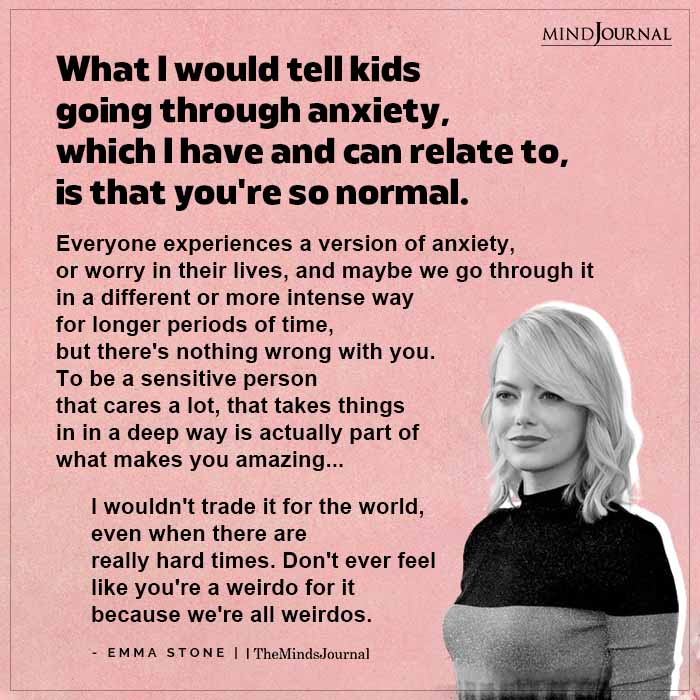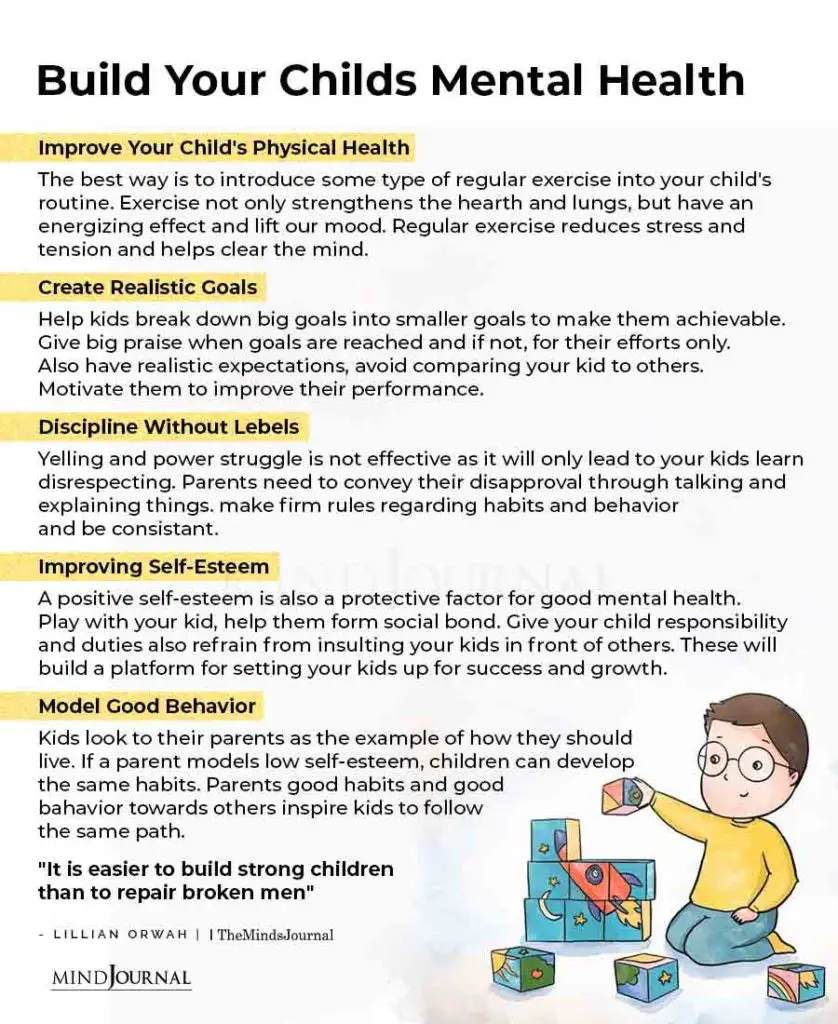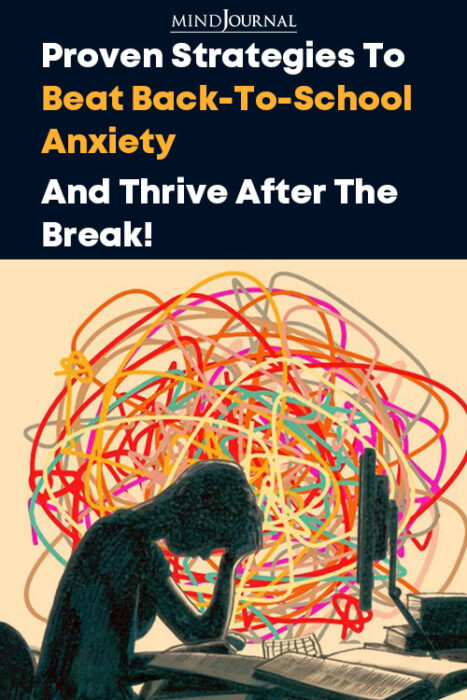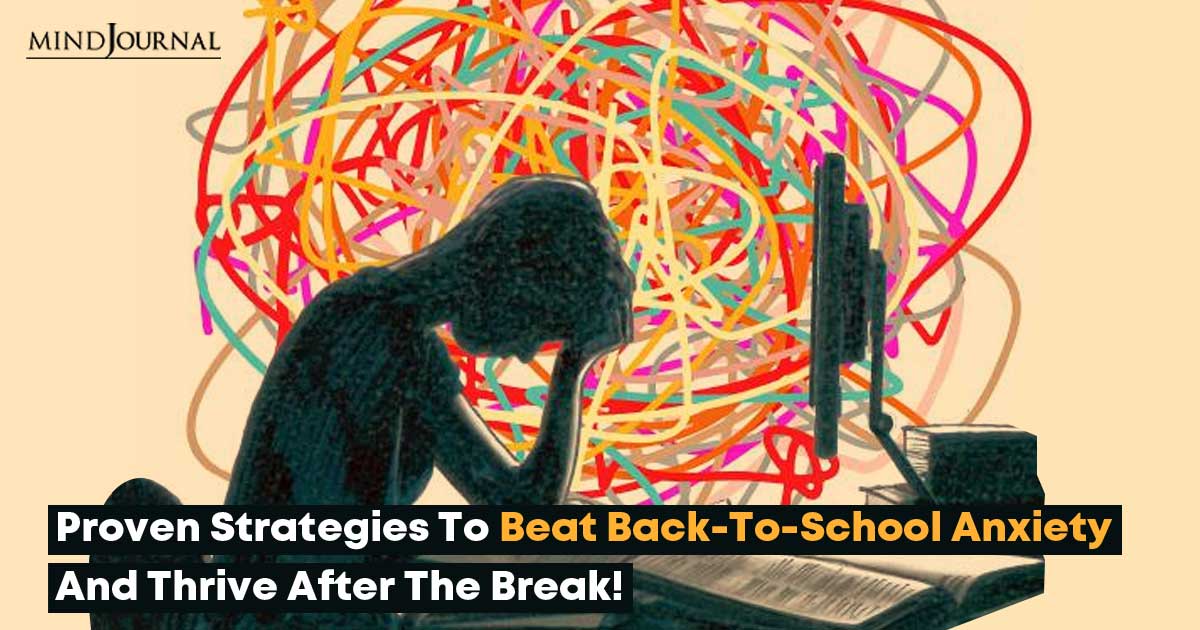As summer break concludes, kids and parents prepare for the new school year. However, along with the excitement of reuniting with friends, there’s a phenomenon that affects numerous students: Back To School Anxiety.
The anxiety about going back to school after a break can be overwhelming for some children, but there are effective strategies that parents and educators can employ to ease this transition and ensure a smoother start to the school year.
Read more here: The Anxiety Spectrum: 5 Major Types Of Anxiety Disorders And A Common Cause
What Is Back To School Anxiety?
Back-to-school anxiety is a common occurrence among children of all ages. It’s characterized by feelings of unease, nervousness, and apprehension about returning to school routines after a break.
The reasons behind this anxiety can vary widely and might include concerns about academic performance, social interactions, new teachers, and unfamiliar environments.
The sudden shift from the relaxed atmosphere of summer to the structured school routine can also contribute to these feelings.
Read more here: Embarrassing Moment In Public: 20 Most Cringe-Worthy Moments You Can Relate To
How To The Telltale Signs Of Back To School Anxiety
Parents and caregivers play a crucial role in identifying signs of back to school anxiety in children.
These signs might manifest as changes in behavior, sleep disturbances, stomachaches, irritability, and reluctance to discuss school-related topics.
By being attentive and open to conversations, adults can create a safe space for children to express their concerns and fears.
Read more here: How To Help A Child With Anxiety: 9 Easy Parenting Tips
Strategies To Ease Anxiety About Going Back To School After A Break
Open Communication
Encourage open conversations with your child about their feelings regarding the upcoming school year. Validate their emotions and listen actively to any worries they express. This can assist children in feeling acknowledged and backed

Gradual Transition
Ease into the school routine by gradually reintroducing structured schedules a week or two before school starts. Adjusting bedtimes, mealtimes, and playtime schedules can help children adapt to the upcoming changes.
Familiarization
If possible, visit the school with your child before the first day. Walking through the classrooms, meeting teachers, and exploring the campus can help reduce the fear of the unknown.
Positive Outlook
Emphasize the positive aspects of going back to school, such as reuniting with friends, engaging in exciting activities, and learning new things. Creating a sense of anticipation can help shift the focus from anxiety to excitement.

Routine Consistency
Maintaining consistent routines at home can provide a sense of stability for children. A structured routine can help them feel more in control and prepared for the changes ahead.
Empower Decision-Making
Involve children in preparations for the school year, such as selecting school supplies, clothes, and packing lunches. Empowering them to make choices can boost their confidence and reduce anxiety.

Deep Breathing And Relaxation Techniques
Teach children simple deep breathing and relaxation techniques to manage moments of anxiety. These strategies can be used both at home and in school to help them stay calm.
Stay Connected
Encourage children to maintain connections with their friends over the break. Knowing that they’ll have familiar faces to greet when they return can alleviate some of the social anxiety.
Engage Teachers
Establish a line of communication with your child’s teacher. Inform them about any specific anxieties your child might have, so they can provide appropriate support and understanding.
Professional Help
If the anxiety is severe and persistent, consider seeking professional help. A school counselor or child psychologist can provide specialized guidance and interventions to address the underlying causes of anxiety.
As the back-to-school season approaches, it’s important to recognize and address the back to school anxiety that some children experience.
By employing these strategies, parents and educators can help alleviate back-to-school anxiety, ensuring a smoother transition for children as they embark on a new academic year.
Through open communication, gradual transitions, and a focus on positivity, the journey back to school can become an exciting adventure rather than a source of distress.









Leave a Reply
You must be logged in to post a comment.